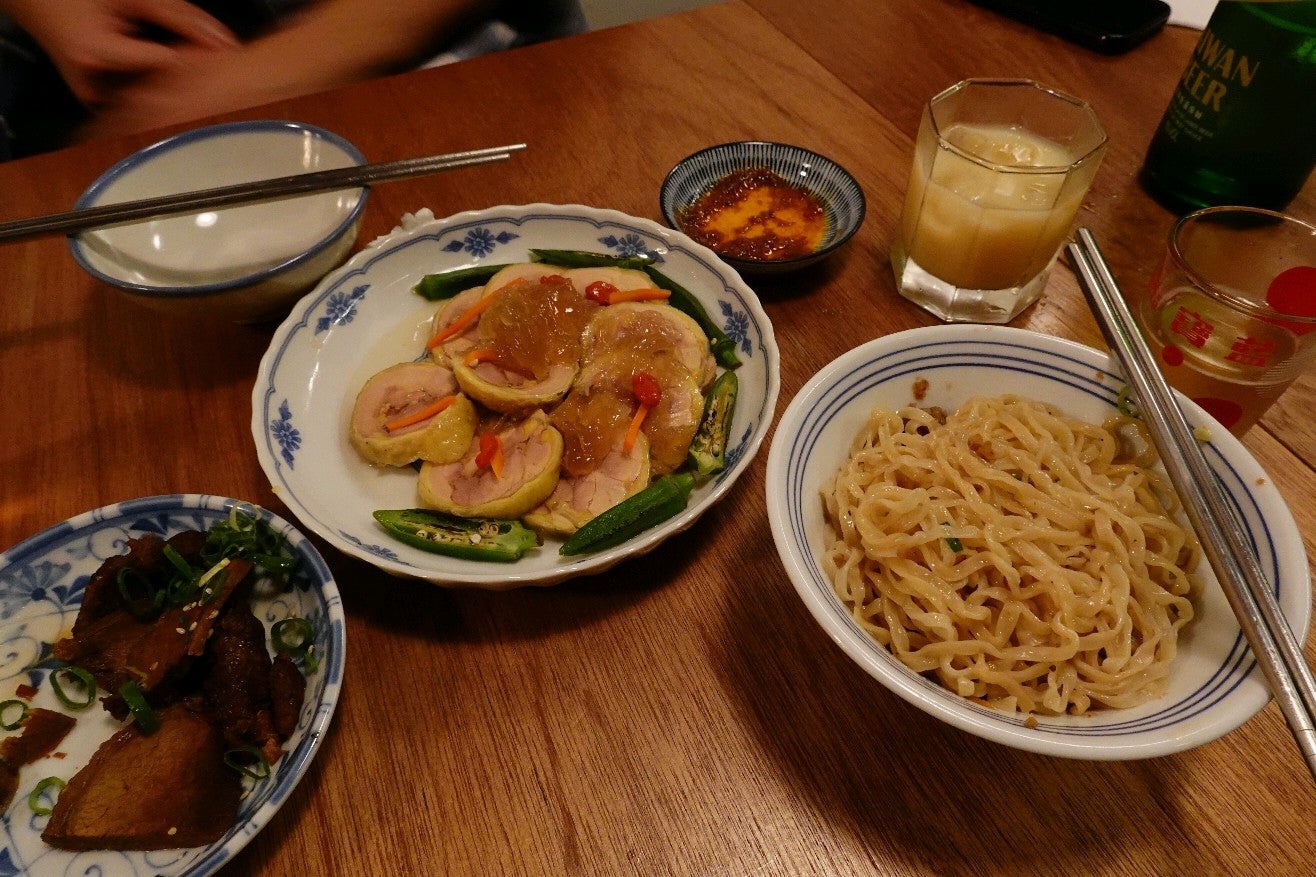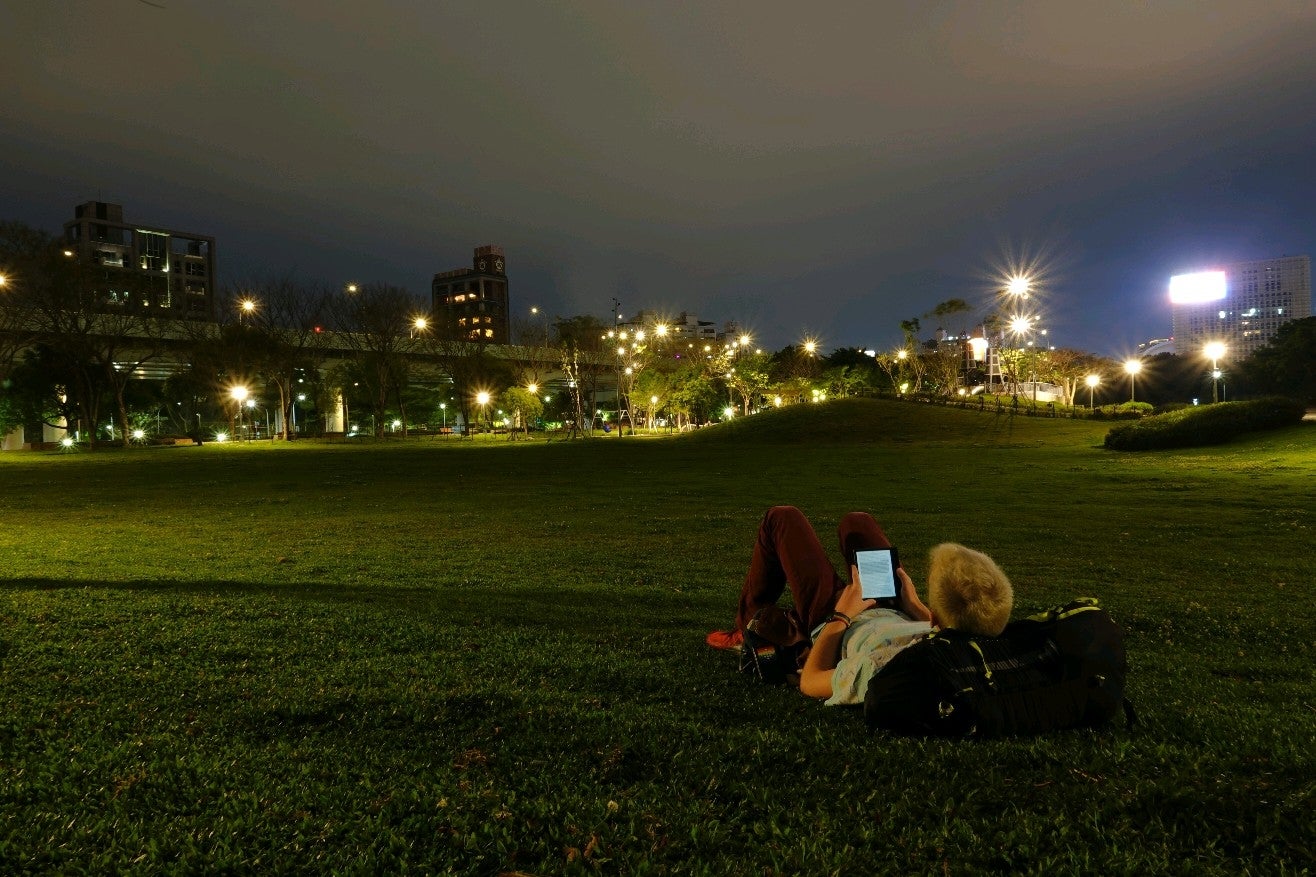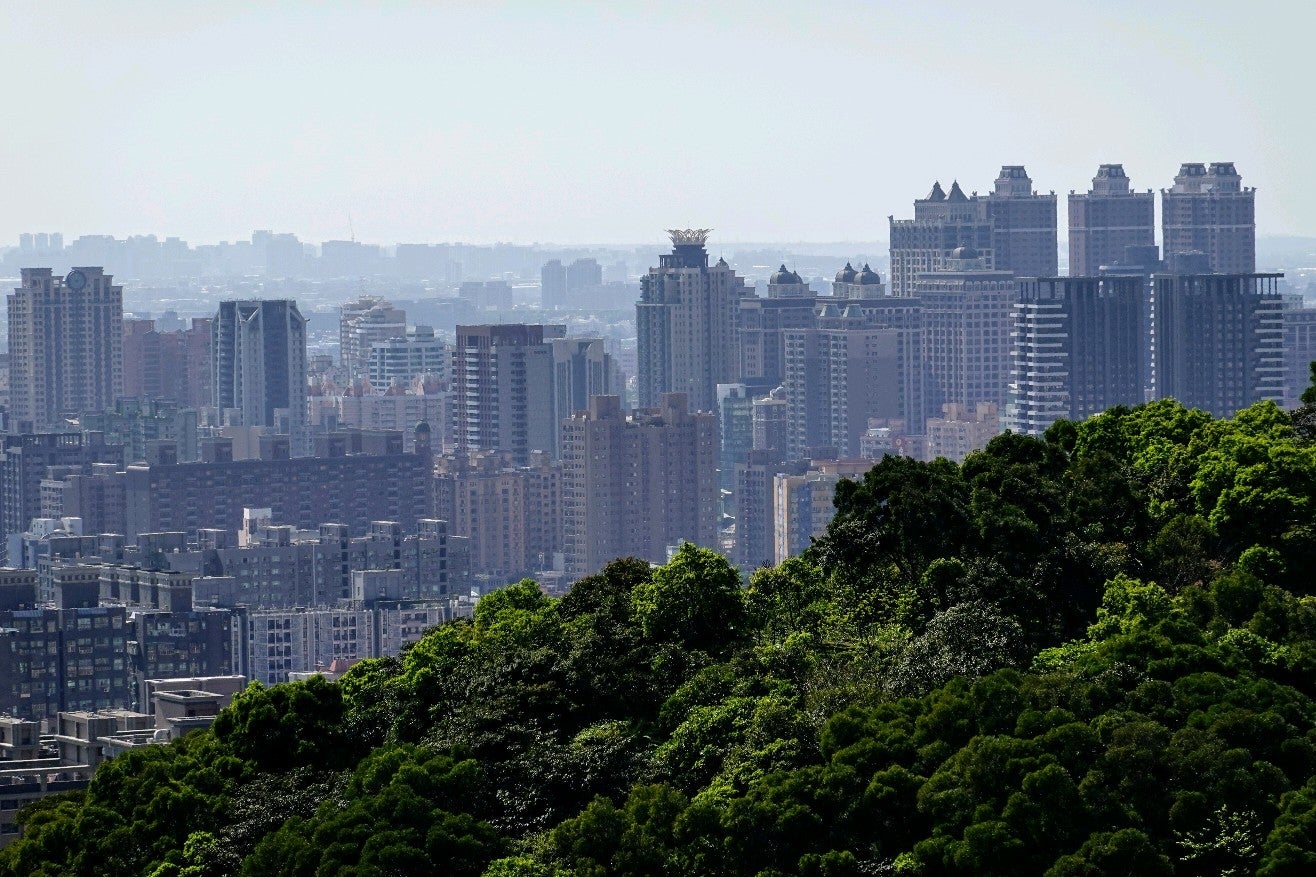Beauty and lies of Foxconn suicides
Tim shared with me a post from the blog Nao, which comments on the conflict between China’s working class and the state. The post offers English translations of some of Foxconn laborer Xu Lizhi’s poetry and of his obituary in Shenzhen Evening News. That’s right, Xu is dead, having survived 24 years before taking his life. He followed in the steps of many others, and certainly won’t be the last to do so.

The selected poems are touching, and surprising. Read Nao’s full translations of Xu’s poems and obituary in “The poetry and brief life of a Foxconn worker: Xu Lizhi (1990-2014)“. I’ll repost two of them below along with my thoughts.
“On My Deathbed”
His departing poem struck me in a few different ways.
- I was pleased to find the English versions quite profound, which gave me some hope all is not lost in translation.
- The first few lines made me ponder the discrepancy between Xu’s desires and those of many Americans. While I have tried to spend time enjoying nature and desire more of it like Xu did, much of society doesn’t care about these things anymore. Ask a random person what he wants most in life, and he will probably speak of wealth or fame. Or maybe he’ll claim to only want happiness, but how is he trying to achieve that? Likely not by trekking up a mountain or standing in a salty tide. We think those desires are so simple, so easy. But if that’s the case, Xu, why didn’t you just leave and go do those things?! Perhaps you is not so different from the American middle class; perhaps we have simply lost sight of what is really important in life, and we are blind to the necessities we lack.
- Being in an already iffy emotional state, I sort of raced to the end of the poem, to prepare myself, in a way. And I found the last lines to be strangely uplifting. “I was fine when I came, and fine when I left.” But how can I believe him?
《我弥留之际》 – “On My Deathbed”
我想再看一眼大海,目睹我半生的泪水有多汪洋
我想再爬一爬高高的山头,试着把丢失的灵魂喊回来
我还想摸一摸天空,碰一碰那抹轻轻的蓝
可是这些我都办不到了,我就要离开这个世界了
所有听说过我的人们啊
不必为我的离开感到惊讶
更不必叹息,或者悲伤
我来时很好,去时,也很好I want to take another look at the ocean, behold the vastness of tears from half a lifetime
I want to climb another mountain, try to call back the soul that I’ve lost
I want to touch the sky, feel that blueness so light
But I can’t do any of this, so I’m leaving this world
Everyone who’s heard of me
Shouldn’t be surprised at my leaving
Even less should you sigh or grieve
I was fine when I came, and fine when I left.– 30 September 2014
“I Fall Asleep, Just Standing Like That”
This poem was also unexpected.
At first glance I assumed it was literally about falling asleep on the assembly line, a commentary on long work hours. It wasn’t until the second last line, “How many days, how many nights,” that I realized Xu’s “sleep” might be the killing off of his drive to live.
The poem lists many ways his humanity was degraded, and perhaps the result was he was left lifeless. In that sense, his suicide perhaps wasn’t so much the taking of his life, but the acknowledgement he had already lost what life meant to him.
《我就那样站着入睡》 – “I Fall Asleep, Just Standing Like That”
眼前的纸张微微发黄
我用钢笔在上面凿下深浅不一的黑
里面盛满打工的词汇
车间,流水线,机台,上岗证,加班,薪水……
我被它们治得服服贴贴
我不会呐喊,不会反抗
不会控诉,不会埋怨
只默默地承受着疲惫
驻足时光之初
我只盼望每月十号那张灰色的薪资单
赐我以迟到的安慰
为此我必须磨去棱角,磨去语言
拒绝旷工,拒绝病假,拒绝事假
拒绝迟到,拒绝早退
流水线旁我站立如铁,双手如飞
多少白天,多少黑夜
我就那样,站着入睡With a steel pen I chisel on it uneven black
The paper before my eyes fades yellow
Full of working words
Workshop, assembly line, machine, work card, overtime, wages…
They’ve trained me to become docile
Don’t know how to shout or rebel
How to complain or denounce
Only how to silently suffer exhaustion
When I first set foot in this place
I hoped only for that grey pay slip on the tenth of each month
To grant me some belated solace
For this I had to grind away my corners, grind away my words
Refuse to skip work, refuse sick leave, refuse leave for private reasons
Refuse to be late, refuse to leave early
By the assembly line I stood straight like iron, hands like flight,
How many days, how many nights
Did I - just like that - standing fall asleep?– 20 August 2011
Reflections
I don’t know what else to say about this, but it feels like more needs to be said. We read about dead people all the time, especially in school. Why is this any different? There are many sad tales in history, but somehow the recency of Xu’s death makes it feel like it almost could have been different.
What about murder, you say? Well, I don’t know how to stop crazy people from killing others. But I also don’t know how to stop well reasoned people from taking their own lives. Yet, somehow that seems like the more preventable, and more profound, tragedy.
Can I really think of suicide as well reasoned, though? It certainly seems like Xu came to the decision not on a whim but after exhausting other avenues of attempting to fulfill his heart’s desires.
So I wanted to learn more about the Foxconn situation.
Disturbing trend or statistical inevitability?
I read a 2011 Wired piece by Joel Johnson, “1 Million Workers. 90 Million iPhones. 17 Suicides. Who’s to Blame?.” An excerpt:
According to company lore, Foxconn founder Terry Gou was determined to do things differently. So when the firm built its Longhua factory in Shenzhen, it included onsite dormitories—good ones, designed to be better than what workers could afford on their own. Terry Gou built on-campus housing, I am told, because Terry Gou cared about the welfare of his employees.
From that article, it seemed like Foxconn isn’t so bad, and is at least perhaps the best of class. But the class is still not good, and we, the end users, should demand higher standards across the board. That would cost more money, of course, but it might also cost fewer lives.
I also read the Foxconn suicides Wikipedia article, which brought to my attention the suicide rate at Foxconn is actually much lower than the Chinese national average, which is lower than the American one. This seemed at first like propaganda, so I looked into it some more.
The claim is based on the worst year for Foxconn suicides, 2010, during which at least 14 of the 930,000 workers ended their own lives. This is a rate of 1.5 per 100,000. The overall rate in China is apparently both disputed and changing rapidly, but seems to be somewhere between 10 and 20 people per 100,000.
So on the surface, it seems like Foxconn does indeed have a suicide rate that is about a tenth the national average. But I found the World Health Organization breaks down Chinese suicides by age, which reveals the suicide rate climbs drastically with age. In 1999, Chinese boys aged 15 to 24 killed themselves at a rate of 5.4 per 100,000, while men aged 75 and older killed themselves at a rate of 84.2 per 100,000. According to this data, the average for 1999 was 13.9 per 100,000.
What I take from that is people of the age of most starting Foxconn employees, and most of the Foxconn suicides, are half as likely to commit suicide as the national average. But still, Foxconn’s 1.5 compared to 5 or 10, depending who you ask, still seems quite good. Perhaps Foxconn is actually saving people.
But it seems, to truly understand whether that is true, we must break the data down further than I was able to find online. I don’t think it is fair to equate the suicide rate of people employed at the “best” company to the rate of all Chinese people. Presumably many or most of the 15 to 24 year old people who killed themselves were not the most well off, employed people getting their physical needs met. I imagine the suicide rate of employed, urban Chinese young adults is much lower than the rate for young adults in general. Is it lower than the suicide rate at Foxconn, though? I have no idea.
Fighting fate
I don’t know exactly what to make of all this. I guess reflecting is the first step, and I know I can only do so much, but I am concerned I’ll never be able to do enough. I hope people in my life would tell me if they felt they are approaching such a status of being alive without living. I wish I could spend more time with everyone to be truly sure. That would surely boost my own happiness as well. So what’s the holdup? Moving around too much? Too busy with work? Did I already, just like that, standing fall asleep?






















